Posts
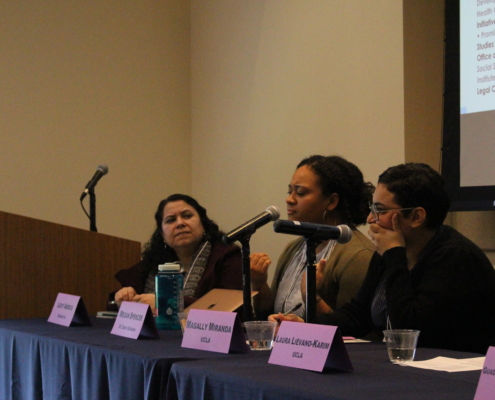
Approaching Justice in Gender Equity Spaces
By Bryanna Ruiz and Amado Castillo, Latino Policy & Politics…
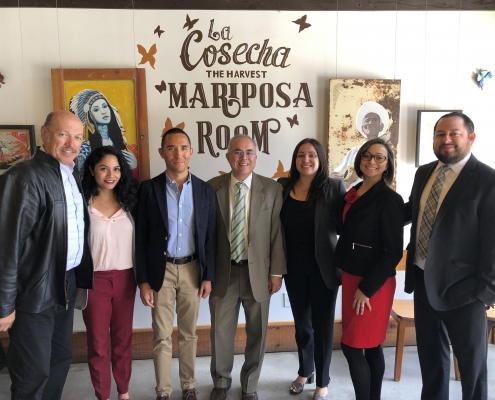
Informing Policy in Real Time: UCLA LPPI in Sacramento
By Celina Avalos and Sonja Diaz On May 20, 2019, the UCLA…
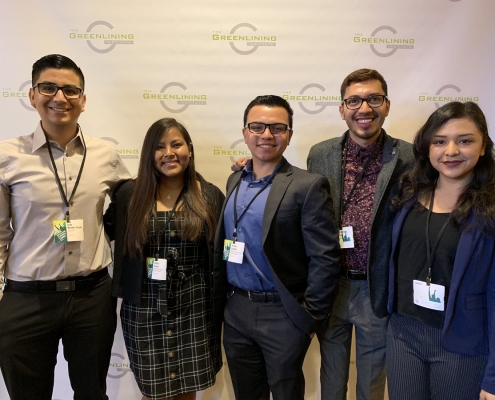
Health, Wealth, & Power: A Student’s Perspective
By Vianney Gomez and Celina Avalos As policy fellows with…
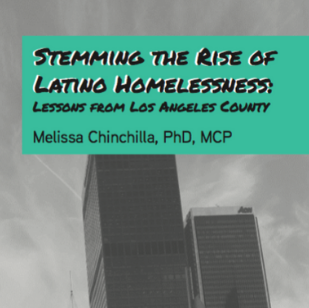
Stemming the Rise of Latino Homelessness: Lessons from Los Angeles County [LPPI Report]
Earlier this year, in collaboration with Dr. Melissa Chinchilla,…
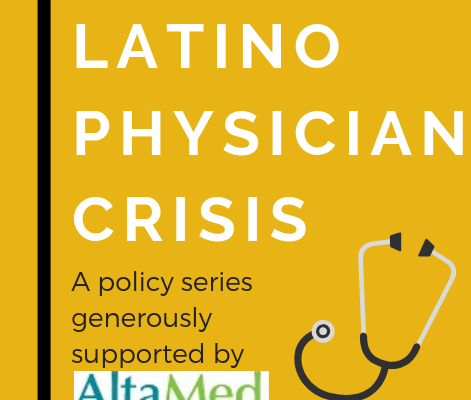
UCLA LPPI Study Identifies Barriers Latino Students Face When Pursuing a Medical Career in California
UCLA Latino Policy and Politics Initiative study finds…

